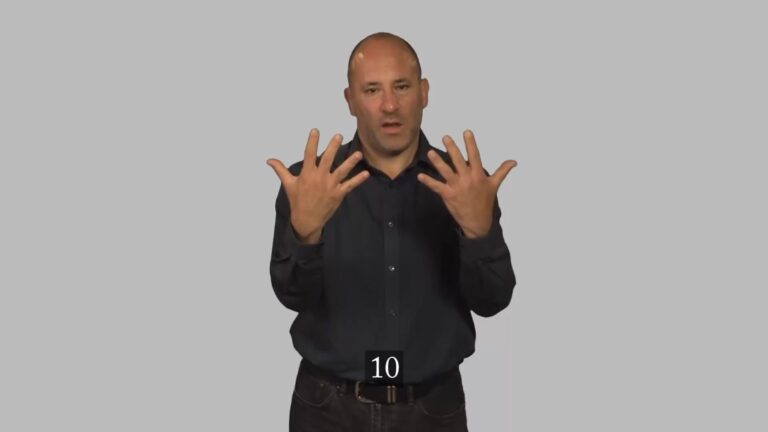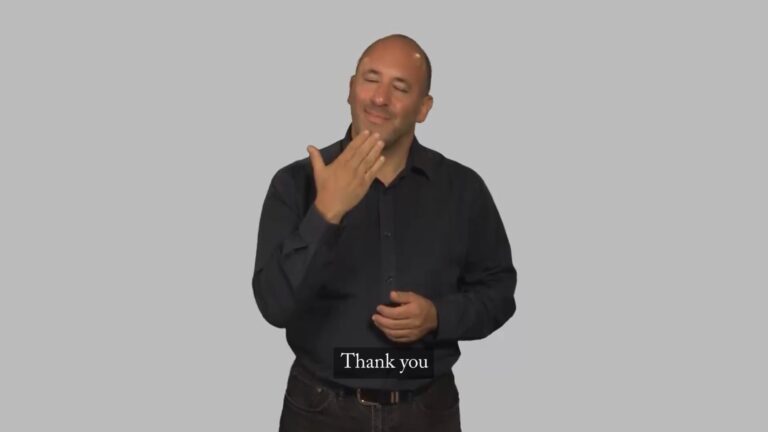Mental Health Support Worker Training - Level 3
CPDUK Accredited | 50% OFF Certificate & Transcript
490 Students enrolled on this course 4.8 (8 Reviews)
 Last updated April 17, 2024
Last updated April 17, 2024
Course Curriculum
| Mental Health Support Worker Training - Updated Version | |||
| Module 1: Introduction to Mental Health | |||
| Introduction to Mental Health | 00:20:00 | ||
| Module 2: Overview of Mental Health Support Worker | |||
| Overview of Mental Health Support Worker | 00:15:00 | ||
| Module 3: Childhood and Adolescent Psychiatric Disorders | |||
| Childhood and Adolescent Psychiatric Disorders | 00:25:00 | ||
| Module 4: Stress and Anxiety Disorders | |||
| Stress and Anxiety Disorders | 00:32:00 | ||
| Module 5: Schizophrenia | |||
| Schizophrenia | 00:26:00 | ||
| Module 6: Personality Disorders | |||
| Personality Disorders | 00:42:00 | ||
| Module 7: Mood Disorders | |||
| Mood Disorders | 00:22:00 | ||
| Module 8: Eating & Sleeping Disorders | |||
| Eating and Sleeping Disorders | 00:44:00 | ||
| Module 9: Self-Harm and Suicide | |||
| Self-Harm and Suicide | 00:20:00 | ||
| Module 10: Medication and Therapy in the Treatment of Mental Illness | |||
| Medication and Therapy in the Treatment of Mental Illness | 00:32:00 | ||
| Module 11: Mental Health Legislation and Services | |||
| Mental Health Legislation and Services | 00:29:00 | ||
| Module 12: Community Mental Health Teams (CMHTs) | |||
| Community Mental Health Teams (CMHTs) | 00:18:00 | ||
| Module 13: The Participation of the Service User | |||
| The Participation of The Service User | 00:21:00 | ||
| Mock Exam | |||
| Mock Exam – Mental Health Support Worker Training – Level 3 | 00:20:00 | ||
| Final Exam | |||
| Final Exam – Mental Health Support Worker Training – Level 3 | 00:20:00 | ||
| Mental Health Support Worker Training - Old Version | |||
| Module 1: Mental Health Basics | |||
| Mental Health Basics | 00:30:00 | ||
| Are you Resilient? | 00:30:00 | ||
| Take Good Care of Yourself | 00:30:00 | ||
| Healthy Relationships | 00:30:00 | ||
| Risk Factors | 00:30:00 | ||
| When Do You Need to See a Professional? | 00:30:00 | ||
| Module 2: Mental Health of Children | |||
| Children’s Mental Health Basics | 00:30:00 | ||
| Nurturing Positivity And Confidence | 01:00:00 | ||
| Recognise Changed Behaviour In Your Child | 01:00:00 | ||
| About Birth Defects | 01:00:00 | ||
| About Behaviour Disorders | 01:00:00 | ||
| Mental Health Games For Children | 01:00:00 | ||
| Make Sure You Take Care Of Yourself As Well | 00:30:00 | ||
| Wrapping Up | 00:15:00 | ||
| Module 3: Mental Health Support Worker | |||
| Introduction | 00:30:00 | ||
| Definition | 01:00:00 | ||
| Role and tasks | 01:00:00 | ||
| Role Clarity | 01:00:00 | ||
| Training, career pathway and pay | 01:00:00 | ||
| Worker satisfaction | 00:30:00 | ||
| Recommended Reading | |||
| Recommended Reading: Mental Health Support Worker Training – Level 3 | 00:00:00 | ||
| Order Your Certificate | |||
| Order your Certificate QLS | 00:00:00 | ||
Course Reviews
Frequently asked questions
Can’t find the anwser you’re looking for ? Reach out to customer support team.
There are no specific prerequisites for this course, nor are there any formal entry requirements. All you need is an internet connection, a good understanding of English and a passion for learning for this course.
You have the flexibility to access the course at any time that suits your schedule. Our courses are self-paced, allowing you to study at your own pace and convenience.
For this course, you will have access to the course materials for 1 year only. This means you can review the content as often as you like within the year, even after you've completed the course. However, if you buy Lifetime Access for the course, you will be able to access the course for a lifetime.
Yes, upon successfully completing the course, you will receive a certificate of completion. This certificate can be a valuable addition to your professional portfolio and can be shared on your various social networks.
We want you to have a positive learning experience. If you're not satisfied with the course, you can request a course transfer or refund within 14 days of the initial purchase.
Our platform provides tracking tools and progress indicators for each course. You can monitor your progress, completed lessons, and assessments through your learner dashboard for the course.
If you encounter technical issues or content-related difficulties with the course, our support team is available to assist you. You can reach out to them for prompt resolution.





 LOGIN/Sign up
LOGIN/Sign up










Excellent course
Great Informative course I thoroughly enjoyed it.
It was really helpful for me.
Being a mental health worker can be a very tough career. But since I learned from this course, I am now more motivated to do my job well since I am now equipped with knowledge about mental health.
Mental Health Support Worker Training Level 3
Very informative, will help with supporting the children I look after.
Peter Ward
I just loved the learning session. The way of teaching, making learning so interesting was outstanding,
Candice Khan
I’m really grateful to Janets for the course. It gives a comprehensive view of various mental health conditions that you need to help mental health sufferers.
Neil Miller
Thanks for providing the information-rich modules that helped me learn the basics of mental health.
Fiona Mitchell
Thanks for the course. I feel qualified to provide treatment to mental health sufferers now!
Samantha Knight
I’ve never completed a course like this before. I’ve learnt a lot, and would highly recommend everyone to enrol